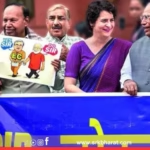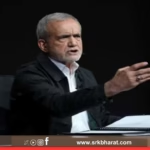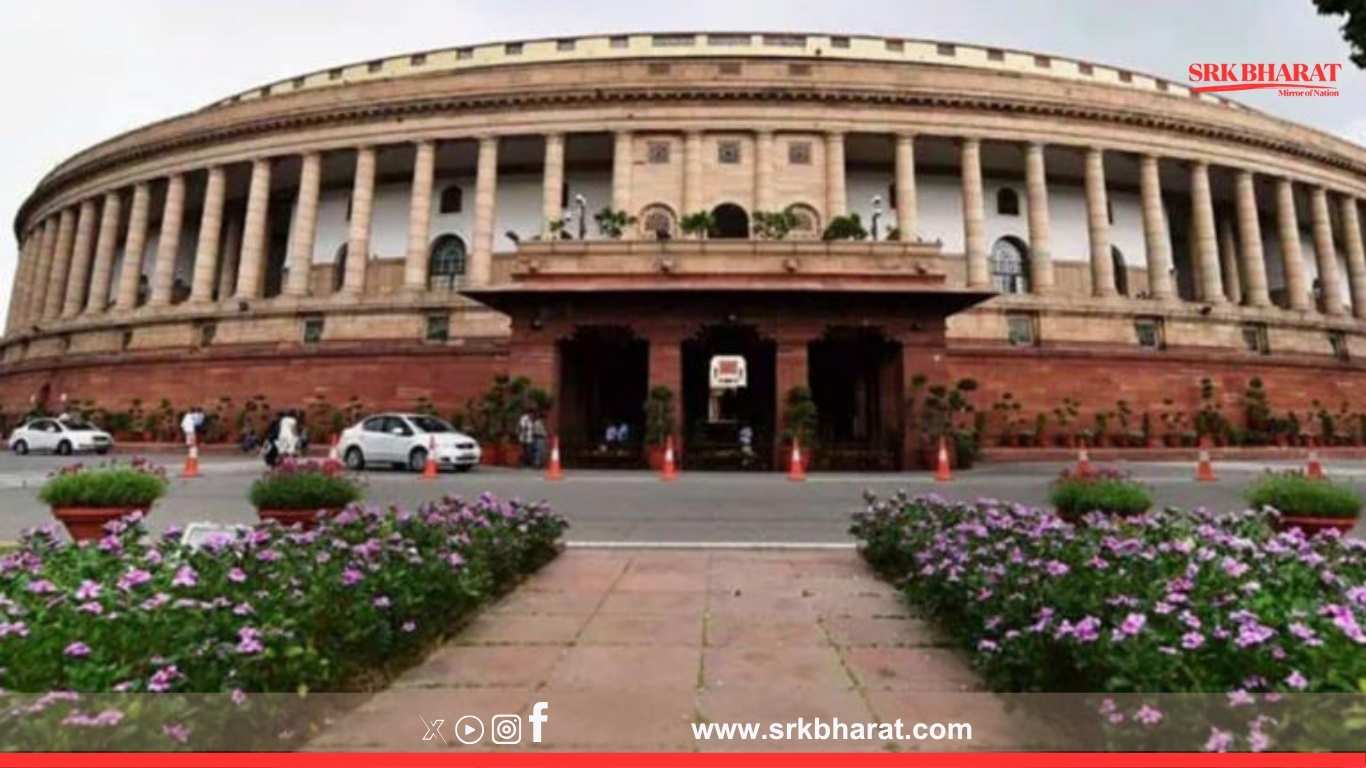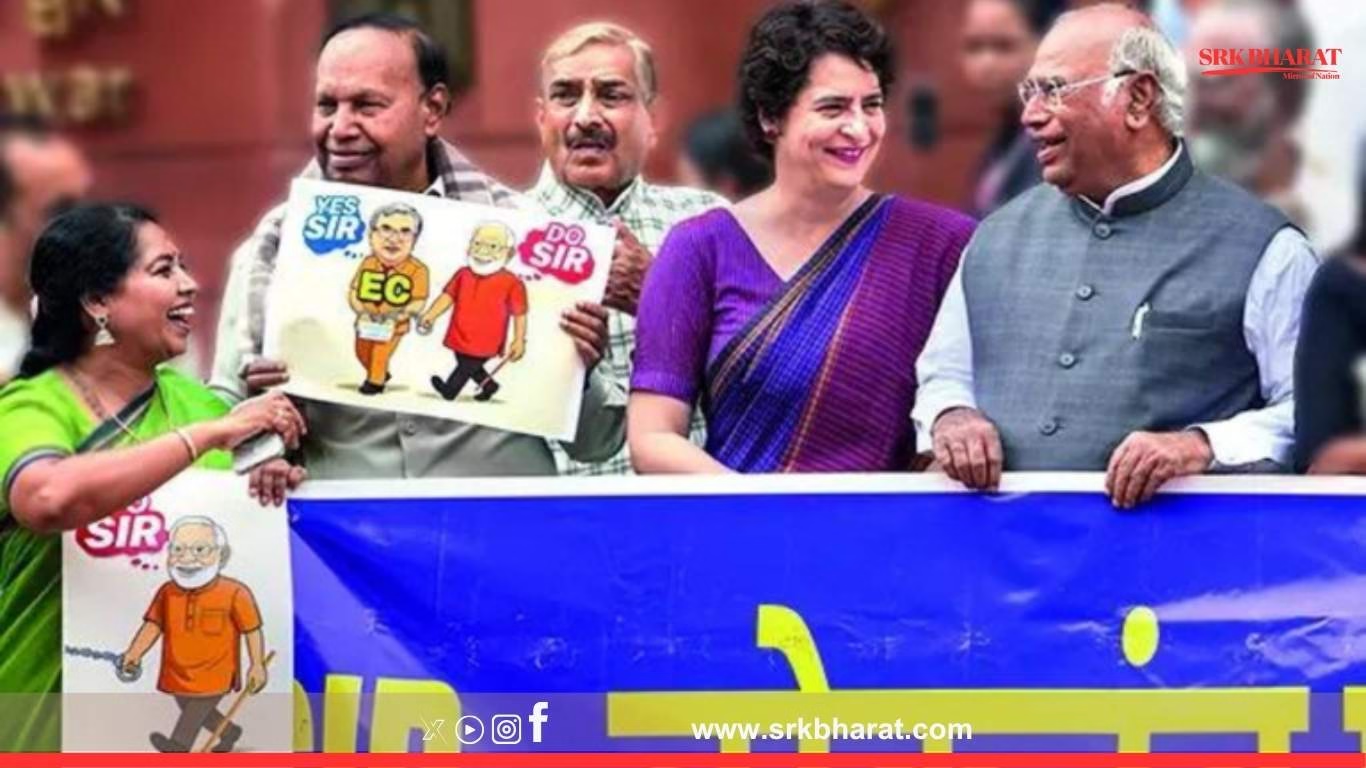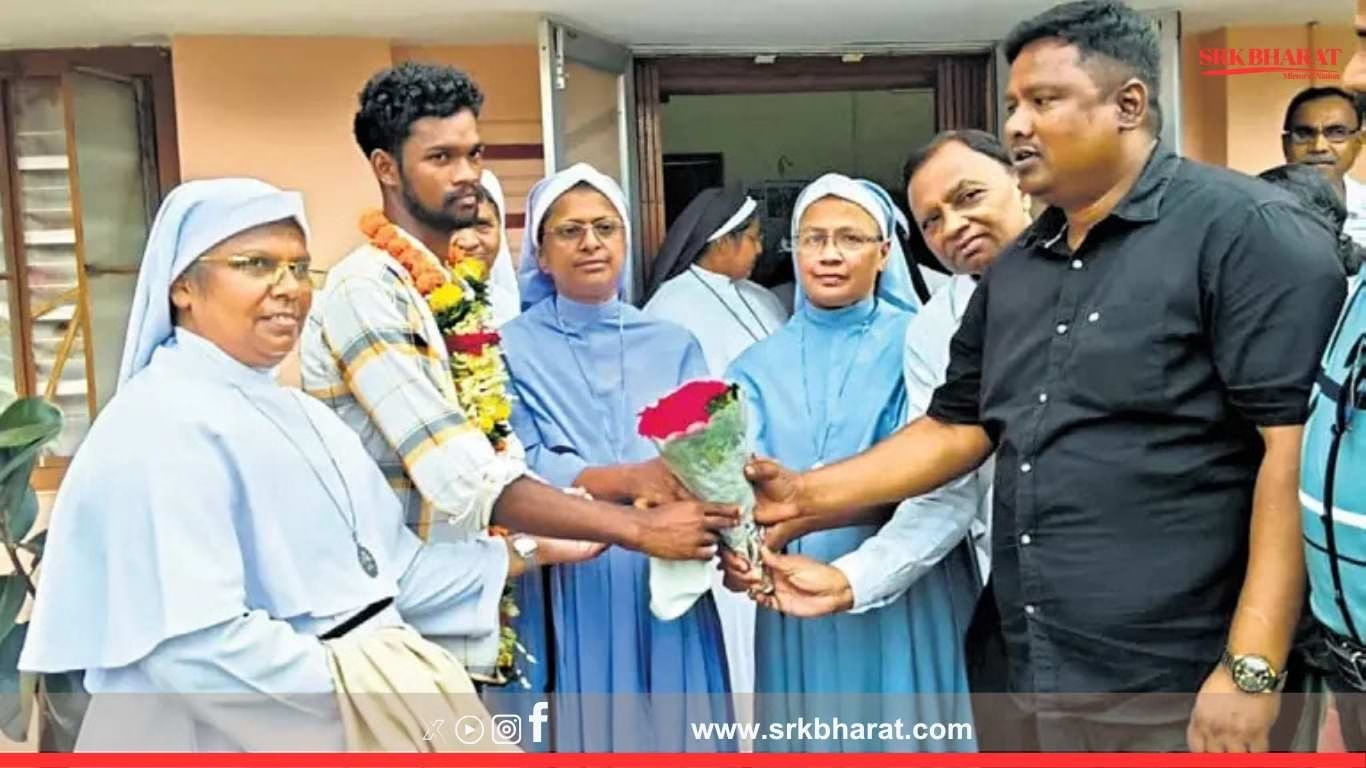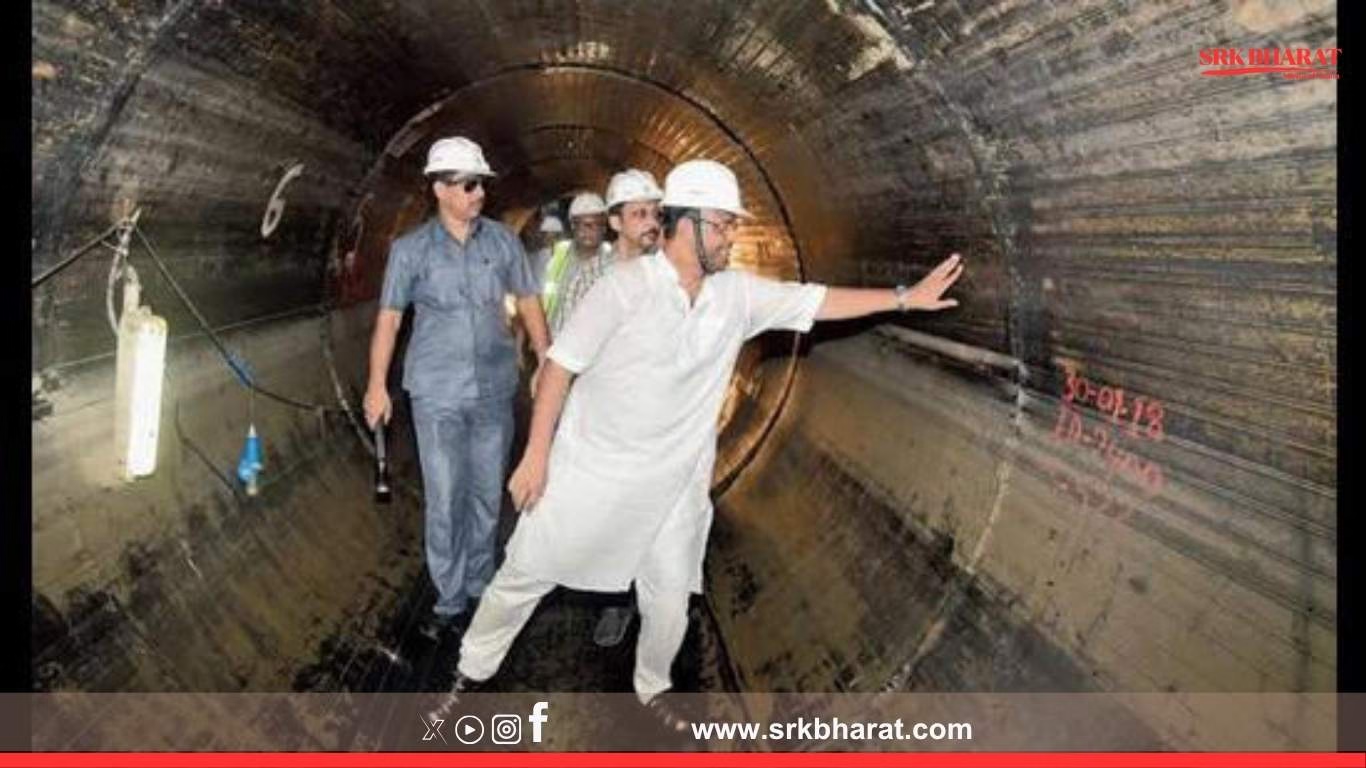The Centre is preparing to initiate removal proceedings against Justice Anil Varma of the Rajasthan High Court during the ongoing Monsoon Session of Parliament, which has been extended by a week to clear crucial legislative and administrative business. This move, rare in independent India’s judicial history, has sparked intense political debate, legal scrutiny, and institutional concern over judicial independence versus accountability.
Why Is Justice Varma Facing Removal Proceedings?
According to senior Law Ministry officials, the decision comes after a formal recommendation from the Chief Justice of India-led Judicial Collegium highlighting alleged:
- Serious misconduct and impropriety in judicial conduct
- Financial irregularities and asset declaration discrepancies
- Persistent complaints by Bar associations over courtroom behaviour
A three-member in-house inquiry committee comprising senior Supreme Court judges had found prima facie evidence of misconduct, leading to a recommendation for removal under Article 124(4) read with Article 217 for High Court judges.
Constitutional Procedure For Removal Of A High Court Judge
| Step | Constitutional Provision | Description |
|---|---|---|
| 1 | Article 217 read with Article 124(4) | Motion for removal initiated in either Lok Sabha or Rajya Sabha |
| 2 | Motion must be supported by at least 100 MPs (Lok Sabha) or 50 MPs (Rajya Sabha) | Notice given to Speaker/Chairman |
| 3 | Speaker/Chairman admits and forms a three-member inquiry committee | Includes a Supreme Court judge, Chief Justice of a High Court, and a distinguished jurist |
| 4 | Committee investigates and submits report | If guilty, motion taken up in House |
| 5 | Each House must pass the motion by special majority | Two-thirds present and voting + majority of total membership |
| 6 | President orders removal based on Parliament’s address | Final constitutional step |
So far, only Justice Soumitra Sen (Calcutta High Court) faced near removal in 2011, but he resigned before the Rajya Sabha vote. The only successful removal was Justice V. Ramaswami (1993), which failed despite proven misconduct due to lack of special majority.
Political Reactions To The Removal Motion
The government’s decision has triggered sharp reactions:
- Law Minister S. R. Prasad:
“Judiciary’s independence must coexist with accountability. Grave misconduct cannot be ignored merely due to constitutional position.” - Congress MP Manish Tewari:
“While judicial accountability is critical, we must ensure it does not become executive overreach into judicial functioning.” - BJP Spokesperson Shehzad Poonawalla:
“This reflects Modi government’s commitment to zero tolerance for corruption, whether in executive, legislature, or judiciary.”
Extension Of Monsoon Session – The Context
Originally scheduled to end on July 19, the Monsoon Session has been extended till July 26 to:
- Pass key Bills including the Data Protection Amendment Bill and Medical Termination of Pregnancy Amendment Bill
- Take up the removal motion against Justice Varma, considered constitutional priority
- Facilitate supplementary demands for grants before recess
Judiciary’s Reaction To Proposed Removal
Legal experts and retired judges have weighed in:
- Justice (Retd.) Madan Lokur:
“Removal is an extreme measure reserved for proven incapacity or gross misconduct. Due process under Articles 124 and 217 must be strictly followed to uphold constitutional sanctity.” - Senior Advocate Indira Jaising:
“Accountability must not turn into intimidation. Judges must be investigated but with utmost transparency and fairness.”
Why Removal Of Judges Is Rare
| Factor | Explanation |
|---|---|
| Constitutional Safeguards | Extremely high bar for removal with special majority and Presidential assent |
| Judicial Independence | Prevents executive from dismissing judges at will, ensuring fair adjudication |
| Political Consensus | Required across ruling and opposition parties for special majority passage |
| Historical Precedents | Only two attempted removals in independent India; both failed to conclude in removal |
Possible Outcomes
- Motion Passed With Special Majority: Justice Varma will be formally removed by President’s order, setting a strong precedent for judicial accountability.
- Motion Fails Due To Political Divisions: Justice Varma continues in office despite inquiry findings, raising questions on Parliament’s ability to enforce judicial discipline.
- Voluntary Resignation: Justice Varma may choose to resign before voting to avoid constitutional removal, as seen in past precedents.
Impact On Judiciary-Executive Relations
Legal analysts believe this could redefine relations between the judiciary and executive:
- Positive Scenario: Strengthens public faith in judiciary if seen as internal cleansing for integrity.
- Negative Scenario: Perceived executive overreach may lead to judiciary asserting its independence more aggressively in constitutional bench matters.
Public and Legal Fraternity Reactions
- Bar Council of India:
“While we stand with judicial independence, the integrity of the system must remain supreme.” - Common public views on social media:
“If proven guilty, why should judges not face removal like other public servants?”
Importance Of Justice Varma Case For Future Judicial Accountability
The removal proceedings highlight the thin line between ensuring judicial integrity and preserving judicial independence. Experts suggest:
- Setting up a National Judicial Oversight Commission with transparent processes for misconduct complaints.
- Strengthening in-house inquiry guidelines for clarity and public confidence.
- Ensuring Parliament exercises removal power judiciously, based on constitutional duty rather than political vendetta.
Conclusion
The government’s push for Justice Varma’s removal, coinciding with the extended Monsoon Session, is a historic constitutional event. It underscores India’s commitment to a judiciary that is both independent and accountable, a pillar of any vibrant democracy. As Parliament debates this rare motion, the eyes of the nation remain on how justice and constitutional morality are upheld through due process without compromising institutional dignity.
Disclaimer: This news report is based on official statements, constitutional provisions, and expert legal analysis. Readers are advised to follow Parliament proceedings for the final decision and updates.

